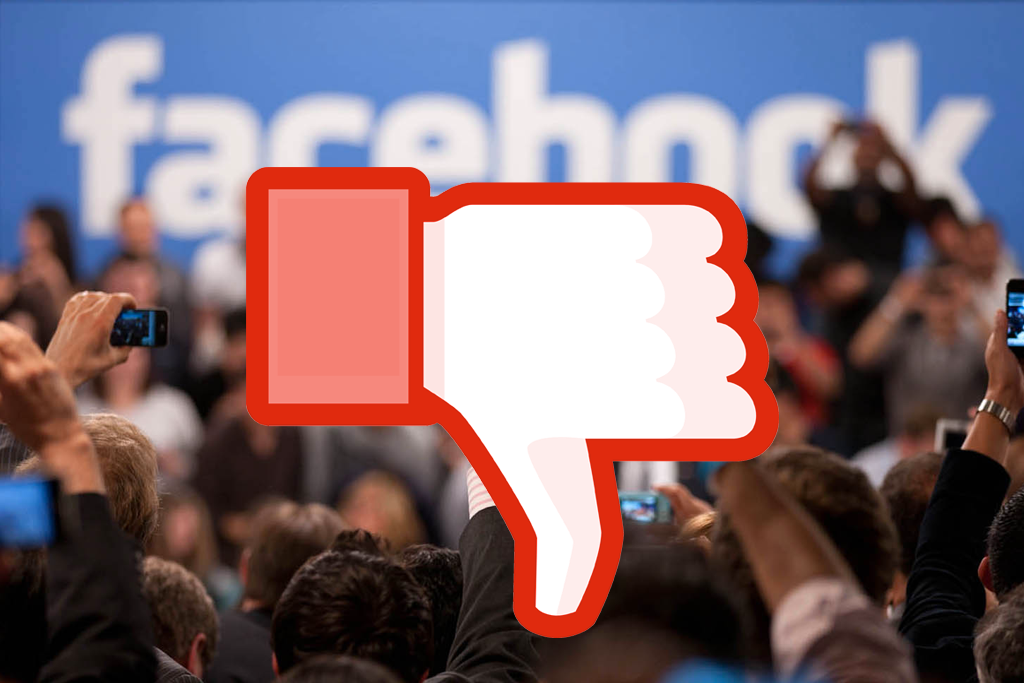Facebook Is Testing Out Downvotes In Australia And New Zealand
People will definitely use this responsibly and not just to troll.

Facebook users in Australia and New Zealand will be able to upvote and downvote comments on large public posts.
Users in the two countries will be the first to test out the new feature, which Facebook has said will “push those thoughtful and engaging comments to the top of the discussion thread”.
“Facebook is a place for free expression,” a spokesperson for the company said in a statement, “but we also recognise that there should be a way for people to tell us and each other which comments are most thoughtful and useful. To that end, we’re running a test that introduces an upvote and downvote action for comments on large public page posts.”
The spokesperson said the feature is also designed to push offensive comments lower down in a thread. For now, the change won’t be rolled out onto our personal News Feeds.
As part of the rollout, users will be told what upvotes and downvotes aim to mean. If you go to upvote something on Facebook, a box appears that says “press the comment up if you think the comment is helpful or insightful.”
If you move to downvote a comment, a box says “press the down button if a comment has bad intentions or is disrespectful. It’s still ok to disagree in a respectful way.”
While the feature was tested with a small group of users in the United States back in February, this is the first time the downvotes have trialled on a large scale.
It’s not the only recent Facebook news: WhatsApp CEO Jan Koum has downvoted Facebook in a big way, deciding to leave the board due to disputes over privacy.
In the most Silicon Valley sentence ever said, Koum told media:
“It is time for me to move on . . . I’m taking some time off to do things I enjoy outside of technology, such as collecting rare air-cooled Porsches, working on my cars and playing ultimate frisbee.”
According to the Washington Post, Koum left because he was unhappy with the way Facebook was using WhatsApp users’ data. Facebook bought WhatsApp in 2014 for US$19 billion.

